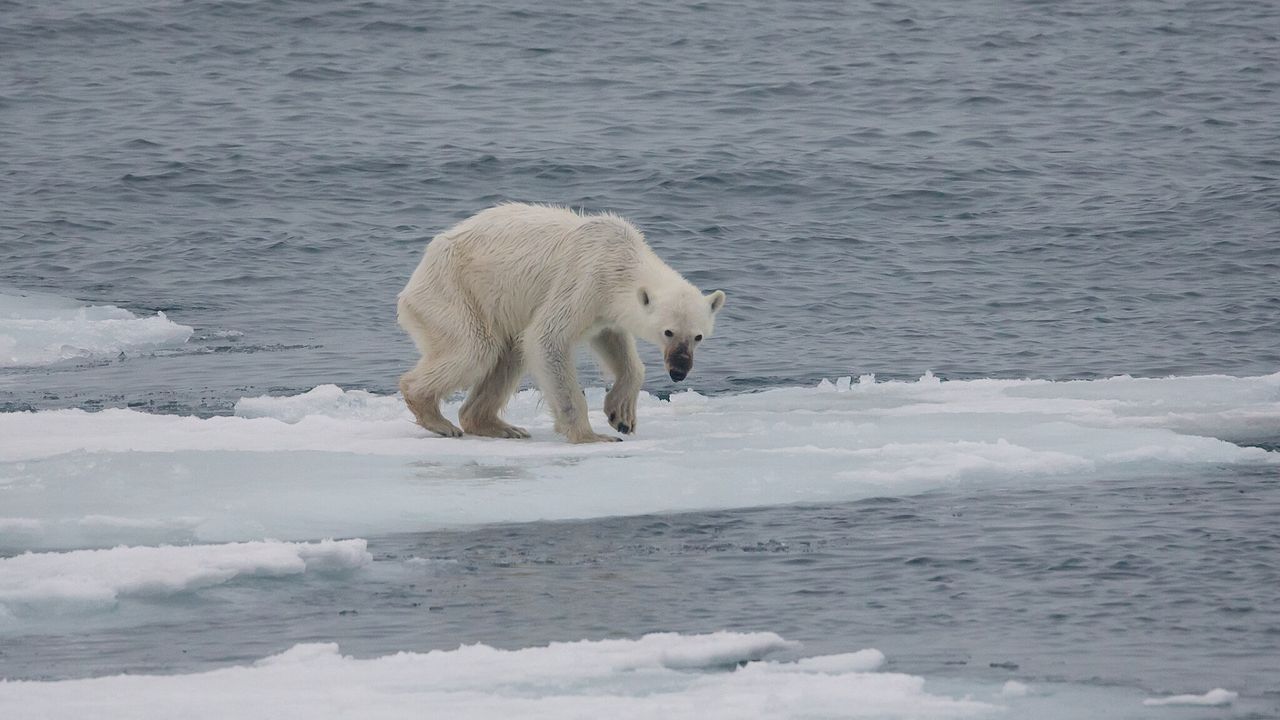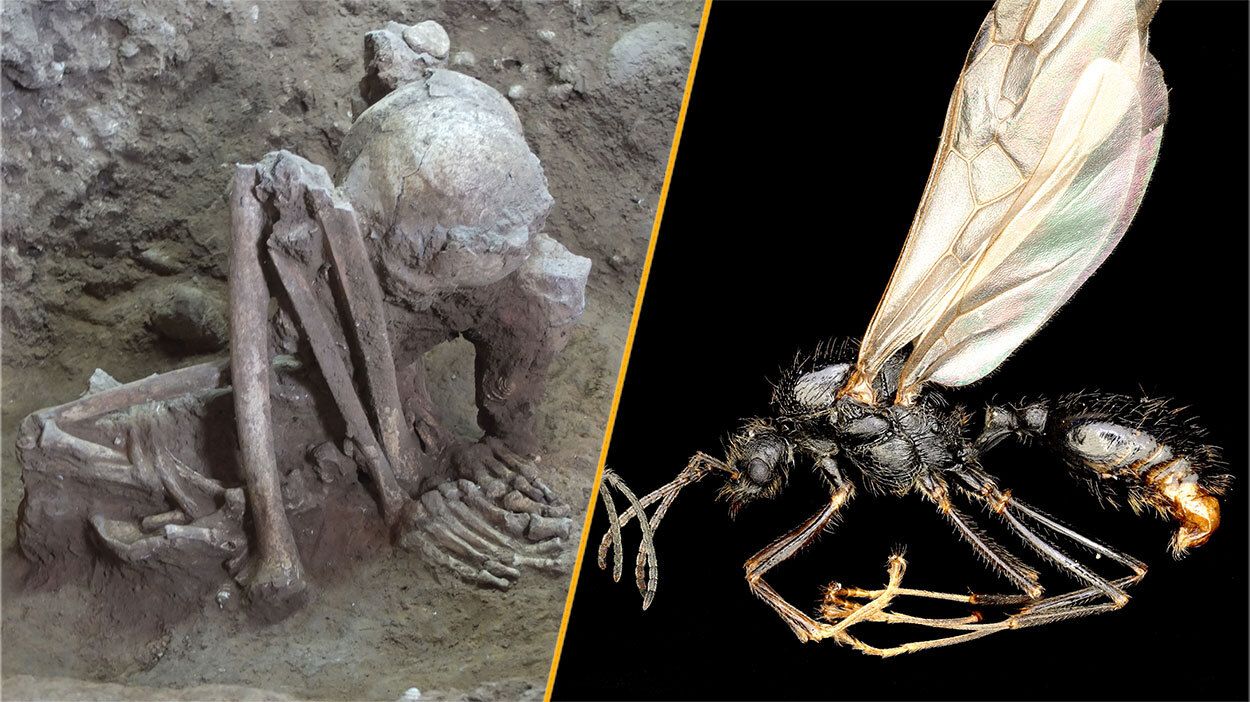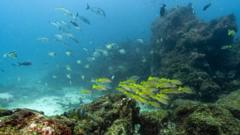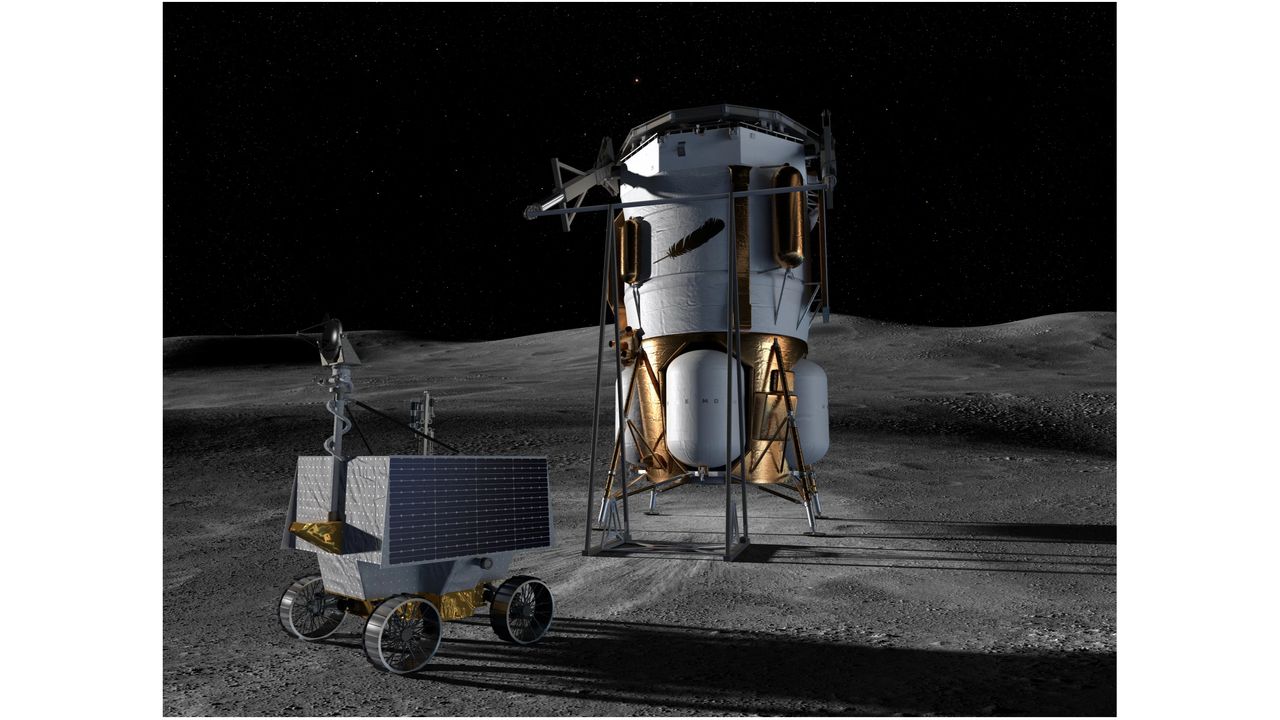Go Ahead, Write in the Margins—It’s Good for Your Brain
PositiveScience
Writing in the margins of books isn't just a habit; it's a powerful tool for enhancing your understanding and retention of the material. This practice, rooted in both scientific research and literary tradition, encourages deeper engagement with texts, making reading a more interactive and enriching experience. By annotating, readers can clarify their thoughts, ask questions, and connect ideas, ultimately leading to a more profound appreciation of literature and knowledge.
— Curated by the World Pulse Now AI Editorial System







